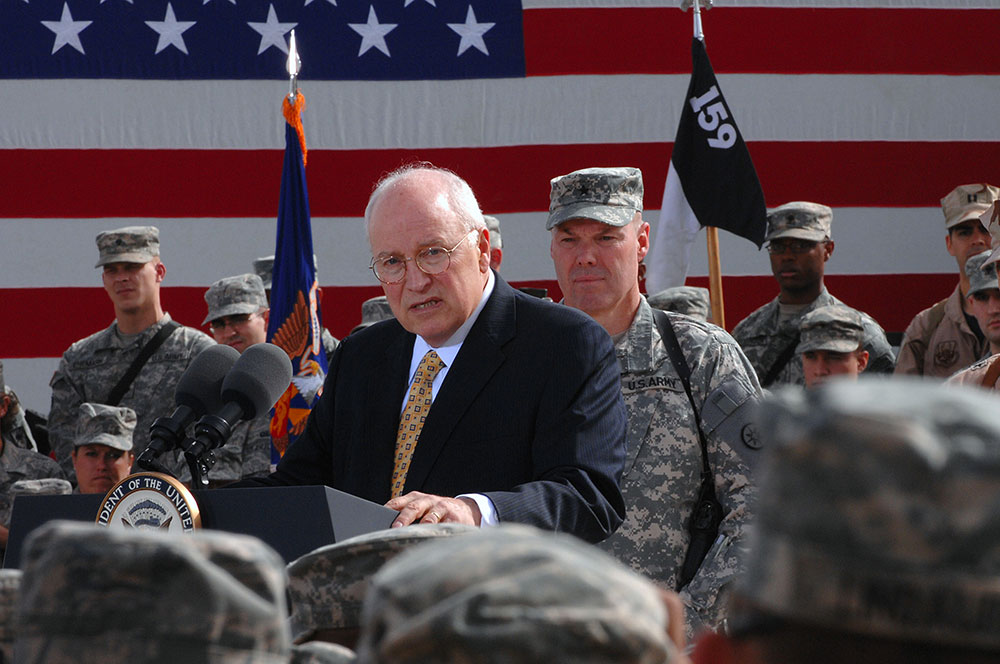Former U.S. Vice President Richard “Dick” Cheney has died at the age of 84. According to his family’s statement, Cheney passed away on the evening of November 3, 2025, surrounded by his wife Lynne, his daughters Elizabeth (“Liz”) and Mary, and other family members. The cause of death was given as complications from pneumonia and ongoing heart and vascular disease.
Born January 30, 1941, in Lincoln, Nebraska, and raised in Casper, Wyoming, Cheney embarked on a long career in public service that included roles as White House Chief of Staff under President Gerald Ford, U.S. Representative for Wyoming, Secretary of Defense under President George H.W. Bush, and finally Vice President under President George W. Bush.
During his vice presidency, Cheney played a central role in shaping the Bush administration’s policies, particularly following the terrorist attacks of September 11, 2001. He became known for his forceful advocacy of expanded executive authority, enhanced national security measures, and the invasion of Iraq. Many historians and analysts consider him among the most powerful—or at least most influential—vice presidents in U.S. history.
Significant health issues marked Cheney’s later years. He suffered multiple heart attacks, underwent a heart transplant in 2012, and dealt with other cardiovascular complications. On the personal front, he was married to Lynne Cheney for 61 years. They had two daughters—Liz, who became a U.S. Congresswoman, and Mary. He spent much of his post-political life in Wyoming, enjoying fly-fishing, hunting, and time with family.
Tributes poured in from across the political spectrum. Supporters lauded his dedication to national defence and conservative governance. Critics, however, pointed to controversies during his tenure—such as the Iraq War and debates over civil-liberties trade-offs—when reflecting on his legacy. In his family’s statement, they described him as “a great and good man who taught his children and grandchildren to love our country and live lives of courage, honor, love, and kindness.”
Plans for public memorials, moments of silence on Capitol Hill, and official tributes from the White House and Congress are expected in the coming days. Given his long engagement in public life and influence on U.S. policy, his passing marks the end of a distinct era in American politics. Cheney’s career spanned the Cold War’s end, the Gulf War, 9/11, and its aftermath—and his imprint will be debated for years to come.






